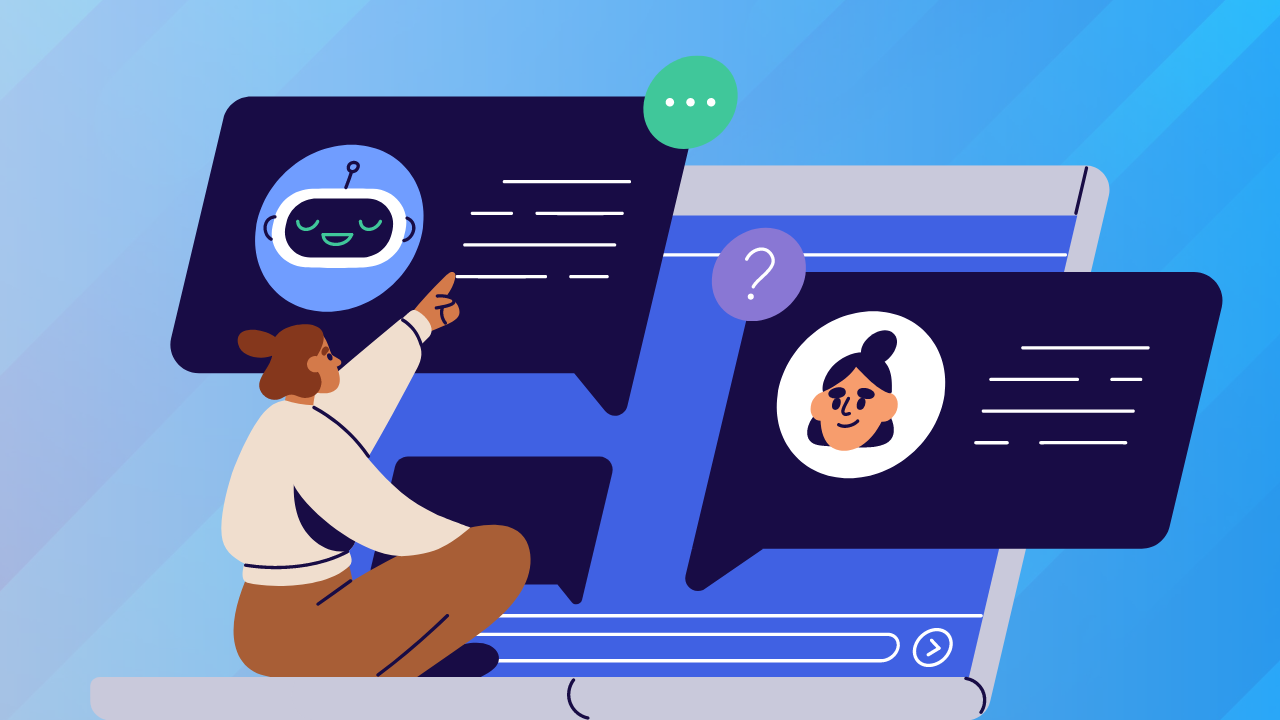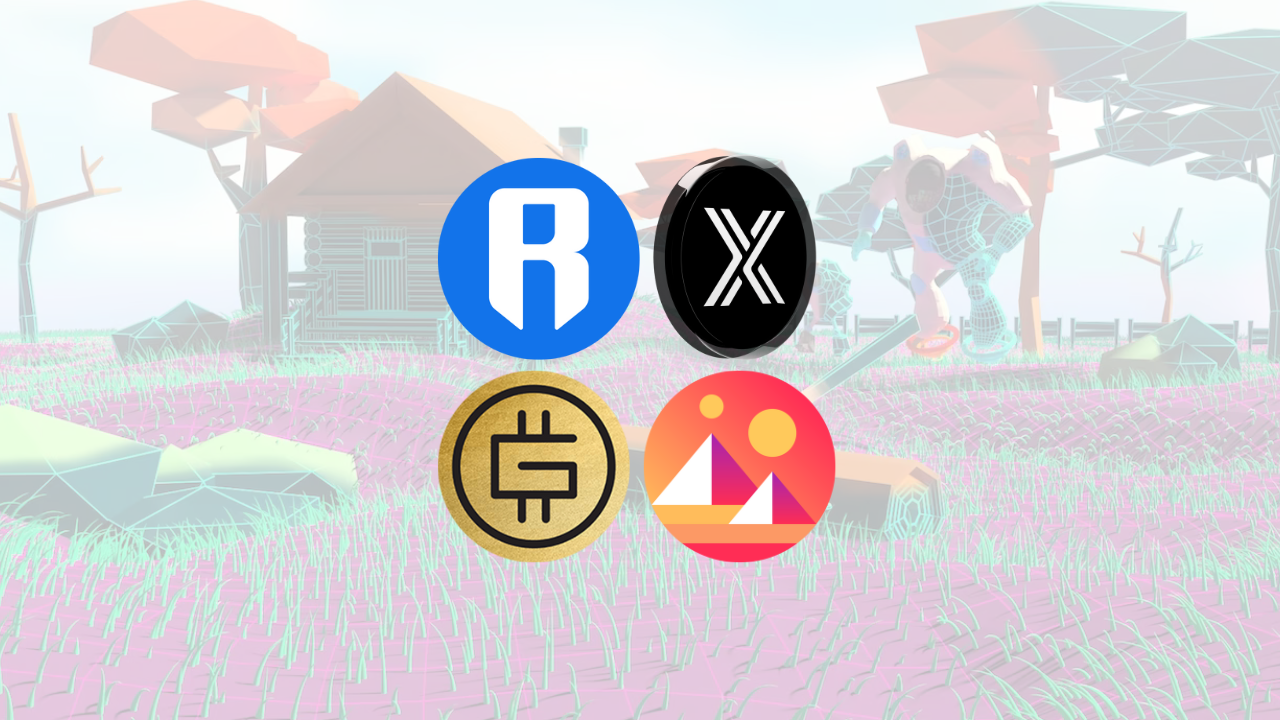As Google introduced tools to identify AI-generated content not adhering to their guidelines, the SEO community was concerned about potential penalties for using AI on their websites.
However, the initial panic subsided as it became clear that Google’s algorithms could not recognize content generated through top, complex language models.
The good news is that, for now, you can use AI tools to create content without fear of Google penalties. The focus has shifted towards rewarding high-quality content, regardless of its origin.
Specific AI writing tools like Jasper or ChatGPT are designed to produce content that meets Google’s standards, but it’s still crucial to manage AI-generated content appropriately and use it in the right context.
Google’s guidelines for machine-generated content allow for the use of Jasper’s AI content as long as it adheres to their new rules.
Understanding Google’s Position on AI-Generated Content
AI-powered copywriting tools are now producing content that is often indistinguishable from human-written content.
However, AI is not always reliable in terms of factual accuracy, which could lead to the dissemination of false information or “unhelpful content.”
Failure to comply with accuracy guidelines may result in penalties for the website or its associated domains.

Google clarifies that AI-generated content is not against their guidelines, and they believe that AI can provide helpful information and enhance user experience.
However, there are limitations: Google opposes the use of AI to manipulate search engine rankings and create deceptive, malicious, or inappropriate content.
Google has a long history of combating automated attempts to manipulate search results, and they continue to deploy anti-spam tools like SpamBrain.
They emphasize that not all automation, including AI generation, is spam, and that AI can power new levels of expression and creativity.
AI-generated content must maintain quality standards and serve its intended purpose while being accurate. Human intervention is still necessary to ensure content meets quality and accuracy criteria, making it relevant to search queries.
Related: This is What Google Says About AI-Generated Text Content
A human’s understanding of context can help refine AI-generated content in ways that algorithms cannot yet replicate.
Artificial Intelligence is a tool, and its effectiveness depends on proper usage. When used correctly, Jasper can be an invaluable resource for marketers.
Decoding Search Intent and E-E-A-T

To understand Google’s perspective on its new AI content guidelines, it’s essential to grasp two determining factors: search intent and E-E-A-T.
Search intent is the goal or purpose behind a search, which can be informational, navigational, transactional, or commercial. Google’s objective is to analyze content, index it, and display search results that best satisfy search intent.
E-E-A-T stands for expertise, experience, authoritativeness, and trustworthiness. It’s one component Google uses to measure a web page’s overall quality, and it was implemented as part of Google’s updated search rater guidelines after the Medic Update in August 2018.
AI content can satisfy search intent and meet E-E-A-T guidelines as long as it demonstrates expertise, experience, authoritativeness, and trustworthiness.
Human insight and experience combined with AI-generated content can uphold Google’s guidelines.
The Future of AI Content and Google Penalties
Current GPT detection tools are flawed, but Google will likely improve its ability to detect AI-generated content in the future.
However, with the new Google AI content guidelines and the announcement of Bard, it’s unlikely that AI content will be penalized across the board.
Poor content, not AI specifically, will be punished.
Google will continue to identify low-quality content deemed unhelpful and target untrustworthy sources. AI content mass-produced to manipulate search results will be penalized, while content deemed helpful, trustworthy, and authoritative will earn rankings, regardless of whether it was written by a human or AI.

There have been cases where exclusively AI-generated content at scale has attracted massive traffic. Conversely, many websites have failed in a short period.
If people continue to exploit AI-generated content, Google may be prompted to release future algorithm updates similar to the Helpful Content Update or Panda Update.
Google’s primary responsibility is to analyze and index the internet in a way that is useful to the end user.
If a large portion of the internet becomes inundated with inaccurate, irrelevant AI-generated content, Google will likely make far-reaching changes to provide users with valuable resources from trustworthy sources.
The impact of GPT-3 on SEO has already been significant, and future iterations of AI tools like ChatGPT-4 will likely provoke further responses from Google.
AI-Generated Content Gets Full Approval From Google
The initial panic over Google targeting and penalizing AI-generated content has subsided with the release of Google’s new AI content guidelines. Google’s decision to approve AI-generated content signals a positive step toward an AI-assisted SEO landscape.
In the future, we can expect more resources from Google for the ethical use of AI to publish helpful content that follows SEO best practices.
Check out these similar articles:
Why You Need an AI Marketing Strategy in 2023



